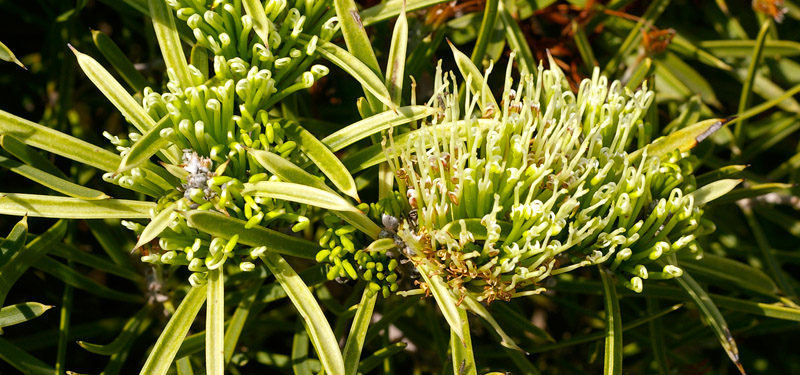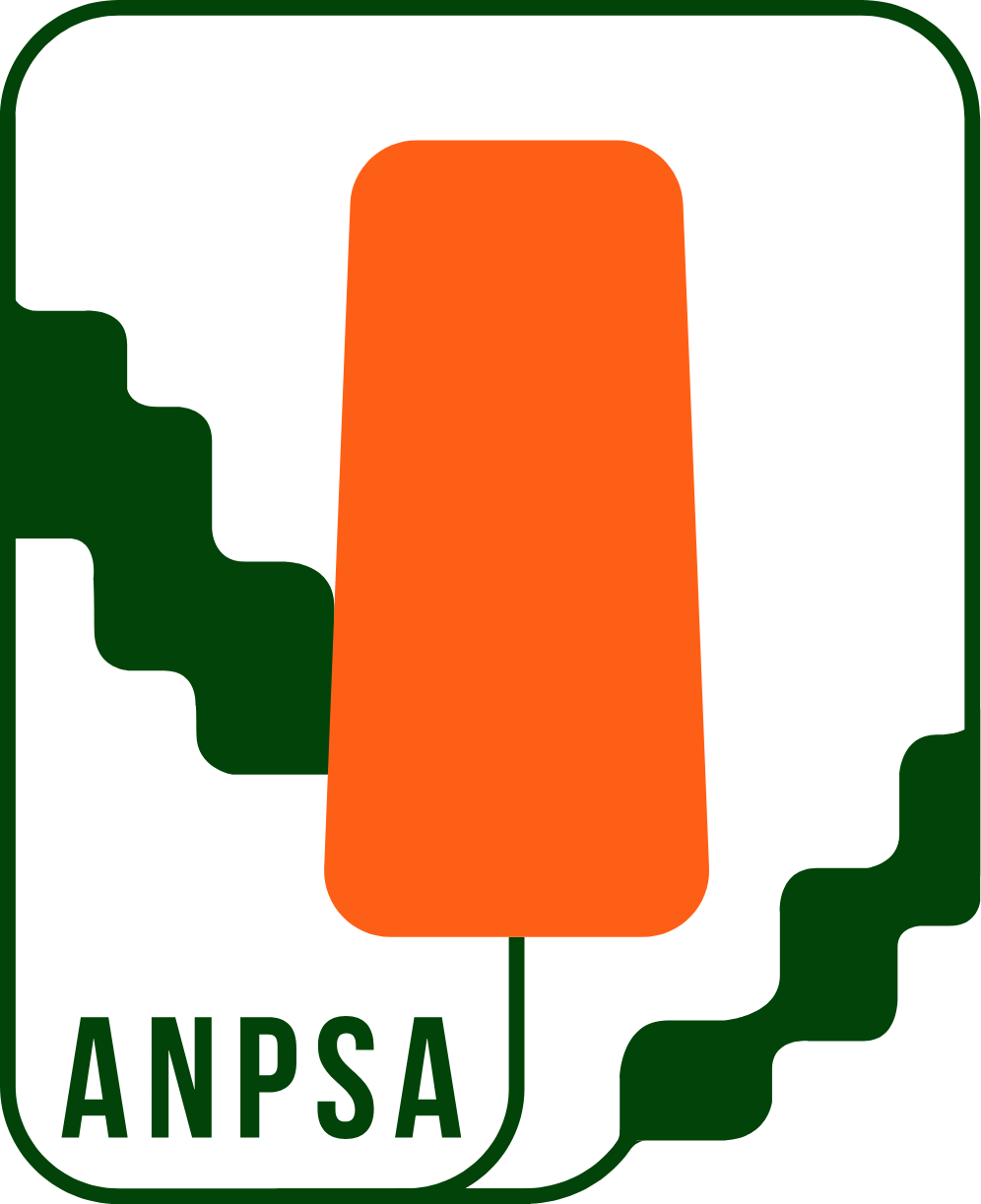Hakea Study Group Newsletters

Newsletter Search
You can search the contents of the newsletters using the Search Box below. If necessary, you can use the ‘Advanced Search’ link to modify and optimise the search behaviour – see Search Tips .
Advanced Search
Search engine by Freefind
 Australian Native Plants Society (Australia)
Australian Native Plants Society (Australia)